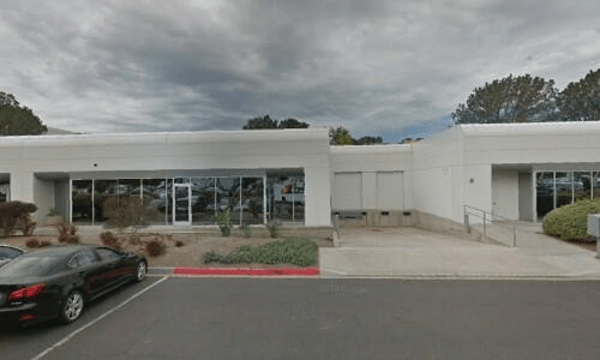Vernon Data Centers Locations (122)
















































































About Vernon, United States Data Centers Market
Vernon Data Centers
Vernon, located in the greater Los Angeles area, is known for its industrial base and proximity to one of the largest economic hubs in the United States. This city offers strategic benefits for data center operations, particularly for businesses that require close integration with manufacturing, distribution, and media sectors prevalent in the region.
The infrastructure in Vernon is robust, with access to significant power supplies and advanced telecommunications networks, which are crucial for high-capacity data center operations. The proximity to Los Angeles provides additional connectivity benefits, including access to major internet exchange points and global data routes, essential for services requiring high-speed and reliable data access.
Vernon’s government, while primarily focused on industrial growth, supports technology and infrastructure developments that can benefit data center operations. Incentives may include tax advantages and utility options tailored for high-energy-consuming businesses like data centers. Moreover, the relatively lower cost of industrial land in Vernon compared to downtown Los Angeles makes it an attractive location for large-scale data center projects.
Strategic Advantages
Vernon’s location offers significant logistical benefits, including proximity to Los Angeles International Airport and major ports, facilitating equipment transportation and international connectivity. This is crucial for data centers that need to maintain high levels of reliability and global reach.
The industrial nature of Vernon allows data centers to integrate closely with businesses that rely heavily on real-time data processing, such as logistics and manufacturing companies, providing bespoke services that can enhance operational efficiency.
Furthermore, the city’s positioning away from residential areas minimizes issues related to zoning and scalability, allowing for expansion and customization of data center facilities without significant restrictions.
Current Trends and Industry Developments
Sustainability is becoming increasingly important in Vernon’s data center industry, with operators adopting green technologies and energy-efficient practices. These include the utilization of renewable energy sources, implementation of advanced cooling technologies, and designs that reduce overall energy consumption.
The expansion of cloud services is another significant trend, driven by the growing need for scalable and flexible IT resources across industries. Vernon’s data centers are enhancing their infrastructure to support a variety of cloud computing models, catering to the burgeoning demand from the Los Angeles area and beyond.
Security remains a paramount concern, with ongoing investments in robust security measures to protect against evolving cyber threats. These investments are essential for complying with strict data protection regulations and for maintaining client trust, especially in sensitive sectors like finance and healthcare.
Future Developments and Opportunities
Looking ahead, Vernon is well-positioned to capitalize on the increasing demand for data services, driven by the continuous digital transformation of industries in Southern California. The strategic location, combined with the industrial infrastructure, makes Vernon an attractive site for new and expanding data center projects.
There is potential for Vernon to become a leader in innovative data center solutions, particularly in the realms of sustainability and energy efficiency. Collaborations between data centers, local businesses, and research institutions could foster innovations that enhance Vernon’s competitive edge in the data center market.
Lastly, as concerns over data sovereignty and the need for robust data security increase, Vernon’s data centers could attract more businesses seeking reliable, compliant data management solutions. This could lead to increased investment and partnerships, further stimulating local economic growth and reinforcing Vernon’s status as an emerging data center hub in the region.
GLOBAL
Top 10
Colocation Providers









